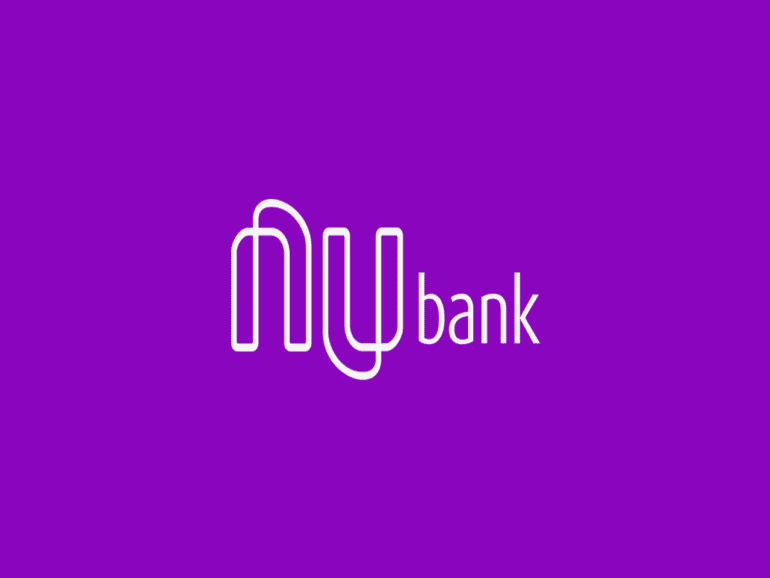If people’s interest in digital assets has waned in the face of rising rates, Latin American fintech companies appear to go in the opposite direction.
After releasing crypto trading services this year, the Brazilian digital bank Nubank is doubling its bets in emerging technology. The neobank will develop its token –NuCoin– to power up a loyalty and rewards program for its 70 million clients.
The online lender is aiming to launch in the first half of 2023. The company is partnering with Polygon Technology to create Nucoin. The token will run on the Polygon blockchain network. The fintech said Nucoin would be awarded to users at no cost. In turn, holders will rely on them to access certain benefits and discounts, potentially driving engagement in the platform.
By introducing the token, Nubank is following another relevant fintech player in the region. In August, leading e-commerce site Mercado Libre announced the creation of Melicoin.
Similarly, Melicoin was rewarded as cashback for online users and will be open to market fluctuation. It can also be traded back to fiat currency through the company’s trading services.
Broad adoption of crypto trading
The decision to launch digital assets comes after both companies quickly adopted their crypto trading product. Prices have receded sharply from records. However, Nubank and Mercado Libre reported almost a million users each shortly after releasing the functionality.
“As of 2021, financial institutions began to explore how to get on board in this crypto asset revolution,” said Ignacio Carballo, a fintech advisor from Argentina. “This has led to what is known as the institutionalization of the crypto phenomenon. The trend, far from stopping, will deepen.”

Through NuCripto, the company allows its Brazilian customers to make bitcoin and ether transactions. With the new token, the company is holding out the possibility that Nucoins could be tradeable. This could drive engagement and potentially create new brokerage fees.
“Nucoin is a new way to recognize customer loyalty and foster further engagement with Nubank products,” Fernando Czapski, General Manager for Nucoin at Nubank, said. “This is another step ahead in our belief in the transformative potential of blockchain technology.”
A vote of confidence
The new offering comes in a bleaker context for broader cryptocurrencies. Most companies in the sector are being forced to cut spending in the face of lower trading levels. Leading cryptocurrencies such as bitcoin or ether have halved since the beginning of the year.
For this reason, some view the decision from large fintech companies as a vote of confidence.
“(The fact that) one of the largest digital banking institutions in the world offering its cryptocurrency is a strong testament to the utility blockchain and crypto has to offer,” Sandeep Nailwal, Co-Founder at Polygon, said.
In Latin America, digital assets are frequently assessed as an alternative to unstable local fiat currencies. As reputable brands such as Nubank or Mercado Libre make inroads into the sector, analysts argue that more individuals could be drawn to cryptocurrencies.
Nubank claimed it had expected the 1 million thresholds of its crypto trading product to be met within a year. In the latest earnings call, CEO David Velez said he was surprised it took the company just three weeks.
New opportunities following for Nubank
With the launch of its cryptocurrency, more business opportunities could potentially open down the line. This could include crypto loans in which tokens are used as collateral.
Related:
- Brazil moves closer to crypto regulation with Senate vote
- Crypto regulation slow to move in Latin America
“More countries around the world will continue to experience high inflation, and this will create more opportunities for new digital asset product offerings,” Laura Ángel, Affiliate Marketing Manager at Ledn, said.
Nubank is one of the few Latin American publicly traded neobanks. It was launched in 2013, offering a prepaid card to underbanked Brazilians. It has grown swiftly since, ultimately completing an initial public offering in US markets. Today, its market valuation stands over $20 billion, almost half its post-IPO pricing.


